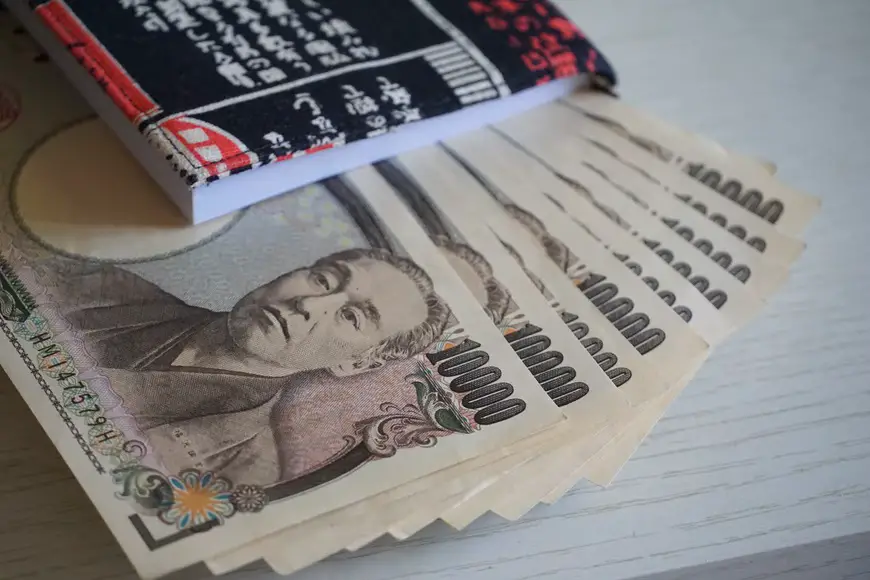The yen continued to fall against the dollar Tuesday. It extended a twenty-year low that stretches back to April of 2002, as the gap widened between yields in Japan and the US, leading to speculation over possible intervention.
It fell by up to .3% to 132.33 per dollar, with benchmark Treasury yields trading above the 3% level. It fell to a seven year low vs the euro, hitting a Japanese government already under pressure over rising prices.
As input and energy costs skyrocket, Japanese companies and households have grown increasingly vocal about the negative consequences of the weaker yen. Any further decline is going to exacerbate the conflict between a government desperate to not have a crisis over the cost of living as an election approaches, and a central bank which will want to fuel inflation.
Takuya Kanda, general manager at Gaitame.com Research Institute in Tokyo said, “The Bank of Japan is now the only central bank among developed nations which isn’t tightening monetary policy and this has strengthened yen crosses, leaving the yen as the only loser. The next target technically is 135.15, so 132 and 133 are just passing levels toward that target.”
As the dovish Bank of Japan keeps local yields anchored as it tries to spark a fire in a deadened economy, the yen has been dropping steadily. Meanwhile US equivalents have been surging on expectations of rising interest rates. Japans position as an energy importer, as oil prices skyrockets, has also hurt the currency.
Bank of Japan Governor Haruhiko Kuroda has said that any monetary tightening is not an option in a speech Monday, a sign that the economy is still hurting, and the country is lacking in wage growth.
He said, “In this situation, monetary tightening is not at all a suitable measure.”
As a result, the yen is likely to continue to drop as the dollar rises.
Brendan McKenna, a strategist at Wells Fargo noted, “We expect the Fed to keep hiking and for the Bank of Japan to keep rates on hold for the foreseeable future. As long as those dynamics are present, the yen should keep weakening.”

